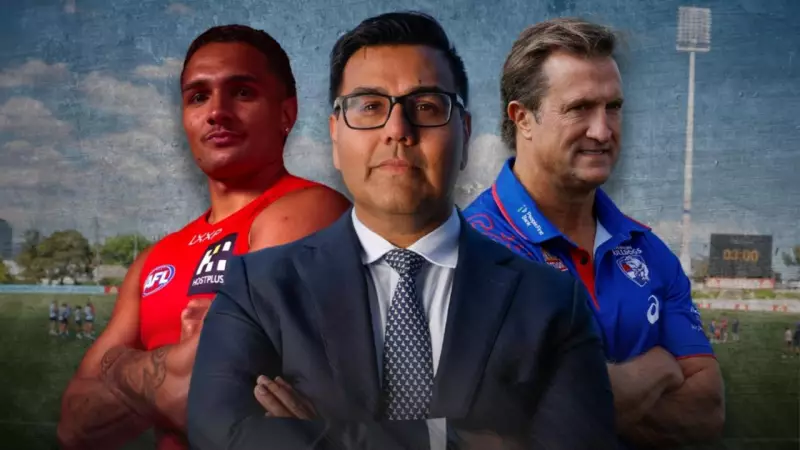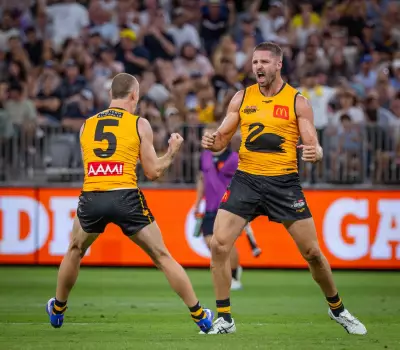
The Western Bulldogs have taken the extraordinary step of revealing the depth of young star Jamarra Ugle-Hagan's mental health struggles following public criticism from prominent AFL commentator Kane Cornes.
The Breaking Point for a Young Star
Bulldogs CEO Ameet Bains has broken the club's usual silence on private player matters to provide context around Ugle-Hagan's situation. The 21-year-old key forward experienced significant mental health challenges that required professional support and time away from football.
Bains revealed that Ugle-Hagan's struggles reached a point where the club's medical and welfare staff became deeply concerned about his wellbeing. The situation became so serious that the young player needed to step away from the game to focus on his mental health recovery.
Cornes Criticism Sparks Club Response
The club's decision to speak out came after Kane Cornes publicly questioned Ugle-Hagan's performance and commitment on Channel 9's Footy Classified. Cornes had pointed to what he perceived as inconsistent effort and questioned whether the young forward was doing enough to justify his position in the team.
Bains expressed disappointment that the public commentary failed to consider the personal challenges Ugle-Hagan was facing behind the scenes. The Bulldogs CEO emphasized that the criticism came during a period when the player was receiving professional support for his mental health concerns.
"There was a period there where our medical and welfare staff were really concerned about Jamarra," Bains stated, highlighting the seriousness of the situation that unfolded away from public view.
Club Support and Recovery Process
The Western Bulldogs have implemented a comprehensive support system around Ugle-Hagan, demonstrating their commitment to player welfare beyond on-field performance. The club's approach has focused on providing the young star with the necessary resources and time to address his mental health challenges.
Bains explained that the club's priority has always been Ugle-Hagan's personal wellbeing, with football considerations taking a secondary role during his recovery period. The Bulldogs have worked closely with mental health professionals to ensure their number one draft pick receives appropriate care and support.
This situation has highlighted the increasing awareness within AFL clubs about the importance of mental health support for young athletes facing intense public scrutiny and pressure. The Bulldogs' handling of Ugle-Hagan's situation reflects a growing understanding that player welfare extends beyond physical health.
The revelation also raises questions about the responsibility of media commentators when discussing player performance, particularly when they may be unaware of personal challenges affecting athletes. Bains' decision to speak publicly suggests clubs are becoming more willing to address mental health issues openly rather than allowing uninformed criticism to go unchallenged.
As Ugle-Hagan continues his journey toward recovery, the Bulldogs remain committed to supporting their young star both as a footballer and as a young man navigating the pressures of professional sport.






